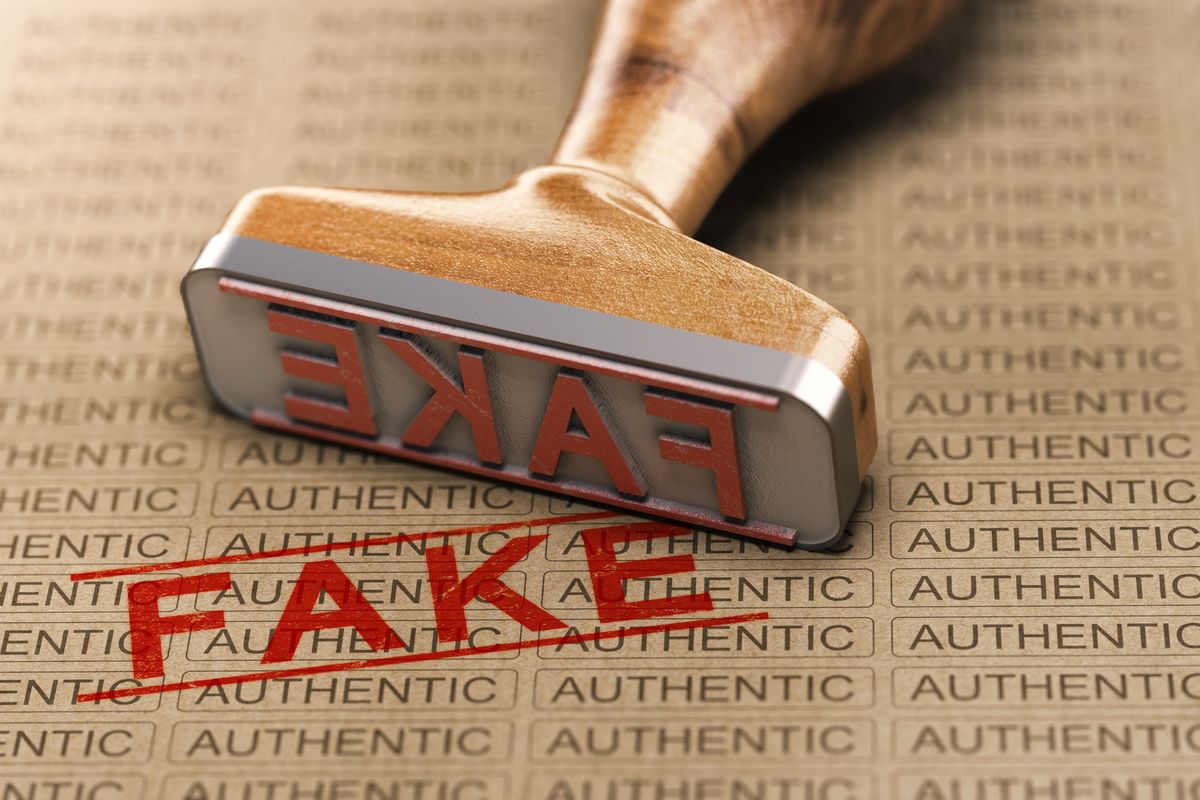Trading standards teams across the UK are being forced to abandon investigations into scams, counterfeit goods and other consumer crimes due to severe resource constraints, new research by consumer champion Which? has revealed.
The investigation, based on Freedom of Information requests to all 187 trading standards teams in England, Scotland and Wales, has uncovered worrying gaps in enforcement, with 19 councils reporting they conducted no routine business inspections whatsoever during the 2023-24 financial year.
Which? said the “hollowing out” of enforcement services has left some areas with fewer than one trading standards officer per 100,000 people, often leaving stretched enforcement teams taking on some of the world’s largest companies with minimal resources.
The research revealed significant variation in which enforcement areas are being abandoned across different regions. Among the most commonly deprioritised activities were:
- Proactive surveillance, including routine inspections and planned test purchases (45 councils)
- Intellectual property theft and counterfeit goods (25 councils)
- Metrology and weights and measures checks (24 councils)
- Scams investigations (8 councils)
Areas that reported deprioritising fraud investigations over the past five years included Barnsley, Leicester, Luton, Moray and Wiltshire, while those no longer fully pursuing counterfeit goods cases ranged from counties like Derbyshire and West Yorkshire to cities including Brighton and Wolverhampton.
Business impact
The investigation highlights significant consequences for legitimate businesses, not just consumers. British manufacturers are increasingly finding their products counterfeited and sold at a fraction of the price online, with limited enforcement action to stop it.
Glencairn Crystal, a Scottish family firm and one of the world's largest manufacturers of whisky glasses, told Which? it spends hundreds of thousands of pounds annually in legal fees to have fake versions of their products removed from online marketplaces.
Suffolk Trading Standards reported intercepting 500 counterfeit Dyson Airwrap hairdryers last year deemed to present electric shock and fire risks, while Brompton Bicycles has complained about potentially dangerous copies of its folding bicycles being sold cheaply online.
The problem was cited as a contributing factor in the recent closure of Moorcroft Pottery, a 100-year-old ceramics company once appointed Potter to HM The Queen, with Stoke-on-Trent's council leader Jane Ashworth pointing to "illegal forgeries from overseas" as making business conditions increasingly difficult.
Which? notes there is currently no public government data on the performance levels of local trading standards teams, meaning little accountability or oversight exists over how the consumer enforcement system operates locally.
“Urgent reform is needed,” Rocio Concha, Which? director of policy and advocacy, said. “The government must restructure the consumer enforcement system, with more focus on its effectiveness, how well it uses intelligence and shares services, and ultimately greater oversight and accountability.”
The Chartered Trading Standards Institute (CTSI) has welcomed the Which? research, with chief executive John Herriman stating it “echoes what CTSI and our members have been highlighting for many years.”
"An effective, well-resourced trading standards system is vital to safeguard consumers from scams, fake goods, and unsafe products, while also protecting law-abiding businesses from unfair competition,” said Herriman.
The CTSI supports Which?'s call for greater investment but also advocates exploring new working models, such as commissioning services, pointing to recent national work on vaping enforcement as evidence of the approach's effectiveness.
“We welcome the renewed focus this report brings and stand ready to work with government and partners to rebuild a trading standards service that meets the scale of the challenges ahead,” Herriman added.


